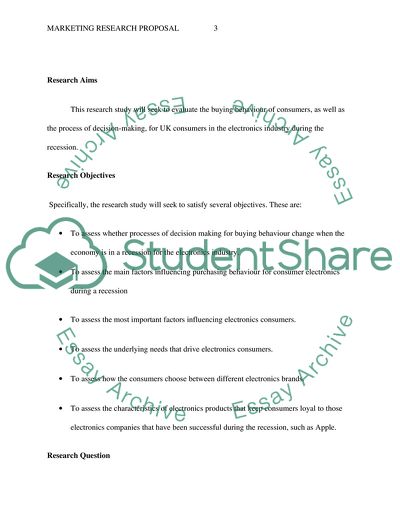Cite this document
(“Research Proposal Example | Topics and Well Written Essays - 2250 words - 1”, n.d.)
Retrieved from https://studentshare.org/marketing/1639980-research-proposal
Retrieved from https://studentshare.org/marketing/1639980-research-proposal
(Research Proposal Example | Topics and Well Written Essays - 2250 Words - 1)
https://studentshare.org/marketing/1639980-research-proposal.
https://studentshare.org/marketing/1639980-research-proposal.
“Research Proposal Example | Topics and Well Written Essays - 2250 Words - 1”, n.d. https://studentshare.org/marketing/1639980-research-proposal.


